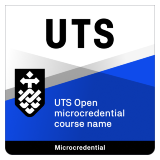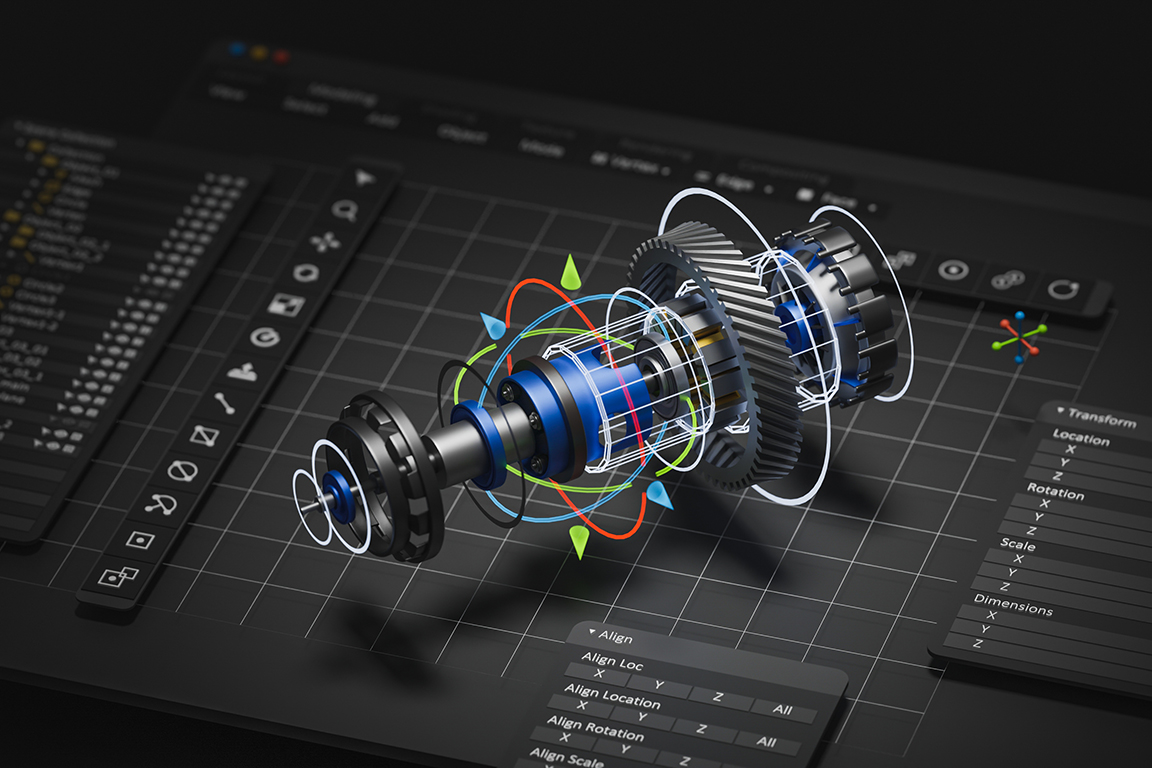During this course you will meet and work with a dedicated course facilitator who will support your learning and engagement with teaching resources designed by the lead academic and team of experts from the Faculty of Engineering and IT.
The course is structured into five modules. Each module comprises self-study materials and facilitated online sessions. The five modules and key topics covered are:
Module 1 - Neural networks
- This module covers the construction, computation and training of neural networks. You will develop hands-on experience of building neural network models and knowledge of the state-of-the-art NN models in different application areas.
Module 2 - Machine learning theory
- This module covers a discussion of learning from experience and goes into depth on Hoeffding’s inequality to consider the bounds on reliability.
Module 3 - Convolutional neural networks
- This module covers the motivation behind convolutional neural networks and focuses on the computation and backpropagation of a convolutional layer.
Module 4 - Transformer families
- This module introduces how self-correlation can be useful in a learning model and how to represent the correlation and implement the model as a block of neural networks. Participants will get hands-on experience in building a family of neural network from scratch and applying a transformer model to a practical data set.
Module 5 - Generative models
- This module introduces generative adversarial networks (GANs), featuring a definition of the GAN model, the core training steps of GANs and a detailed walkthrough of implementing a GAN and evaluating the results.
Course delivery
This course includes weekly, live, one-hour online tutorials and one-hour weekly Q&A sessions facilitated by an expert UTS academic, supporting self-study and online learning activities.
Both theoretical and practical learning are covered. The course provides a systematic view of the whole life-cycle of a data model, from the design motivation to the dynamics in the learning process and the evaluation and how reliable the evaluation results are. On the practical side, participants will translate mathematical notions into data structures and programs in a digital computer, which allows them to ‘open the hood’ of the data models and get hands-on experience to examine piece-by-piece how the models perform learning.
Regular formative quizzes throughout the microcredential will allow learners to gauge their progress.


















